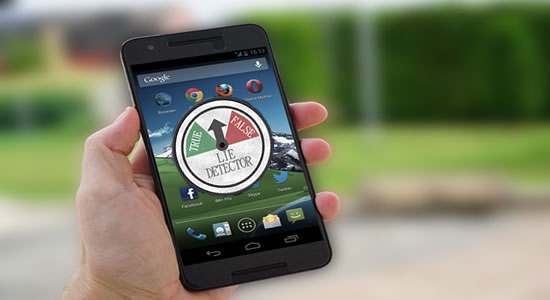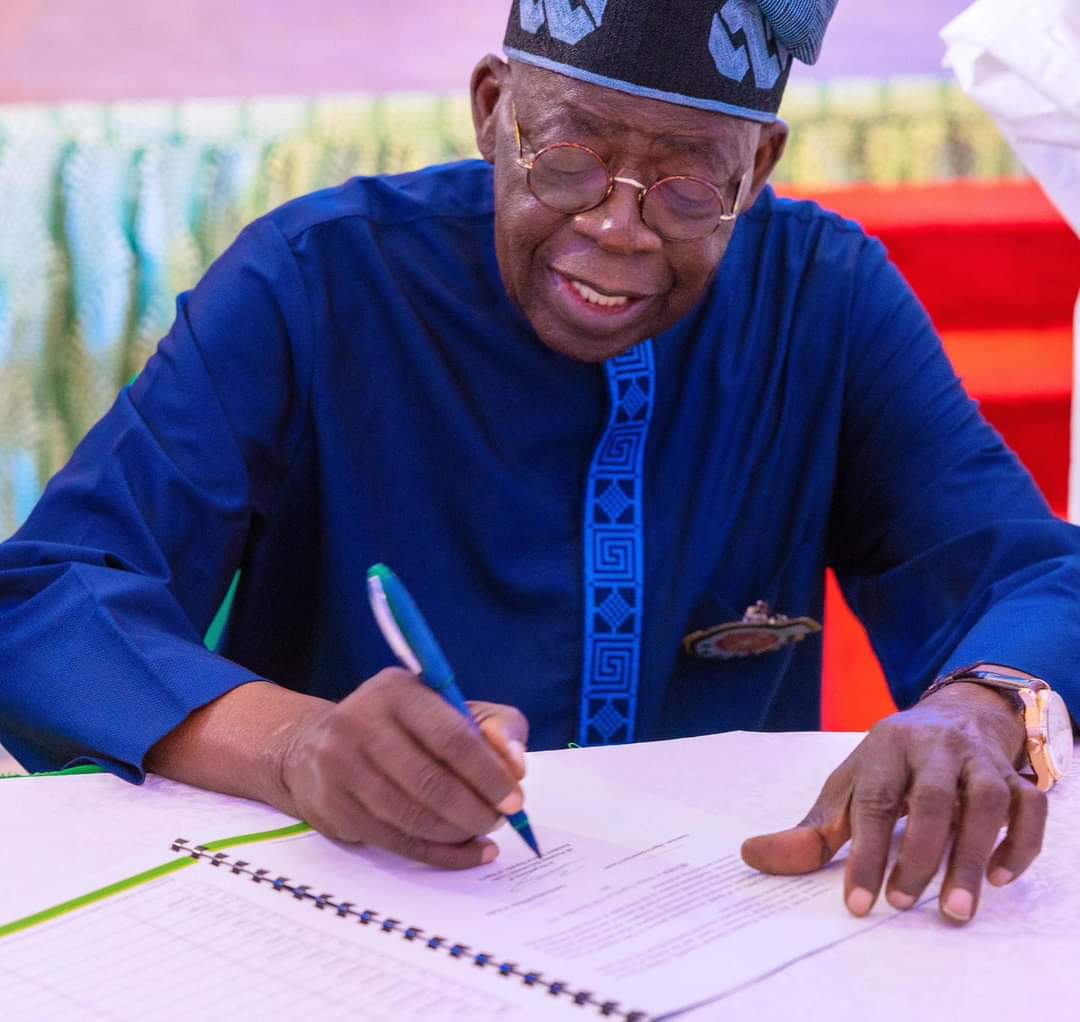New app turns phone into lie detector as algorithm augmented by computer scientists at the University of Copenhagen can perceive honesty and dishonesty by examining how to swipe or tap a smartphone. Fraudulent communications are often time consuming and include more hand movement than honest ones according to a research paper.
The algorithm, known as Veritaps glares a green check mark when righteous statements are entered into a smartphone and jots hesitant information with a red question mark. It provides beneficiaries of contentious messages the option of requesting the sender for more information.
This trial app runs on Android phones and is not accessible to public. Aske Mottelson, one of the paper’s authors, says that algorithm’s potential to perceive lies can be compared to polygraph. But it has its restrictions and shouldn’t be utilized in courtrooms or other high venture environments.
Humans have been fascinated by the idea of perceiving lies and have passed decades in trying to develop a gadget that can be discerning told when someone’s bluffing. They are still in the process of working on it.
The polygraph is the nearest we have decided to generate a gold yardstick in candor assessment. However, it has been condemned over accuracy since it was created in 1921.
Technology has attempted to provide 21st-century solutions, all of which depend to some extent on body’s reaction to lying. Converus, a startup, generated a test that resolves sincerity by weighing minute alterations in a person’s eyes such as pupil dilation and blink rate.




















